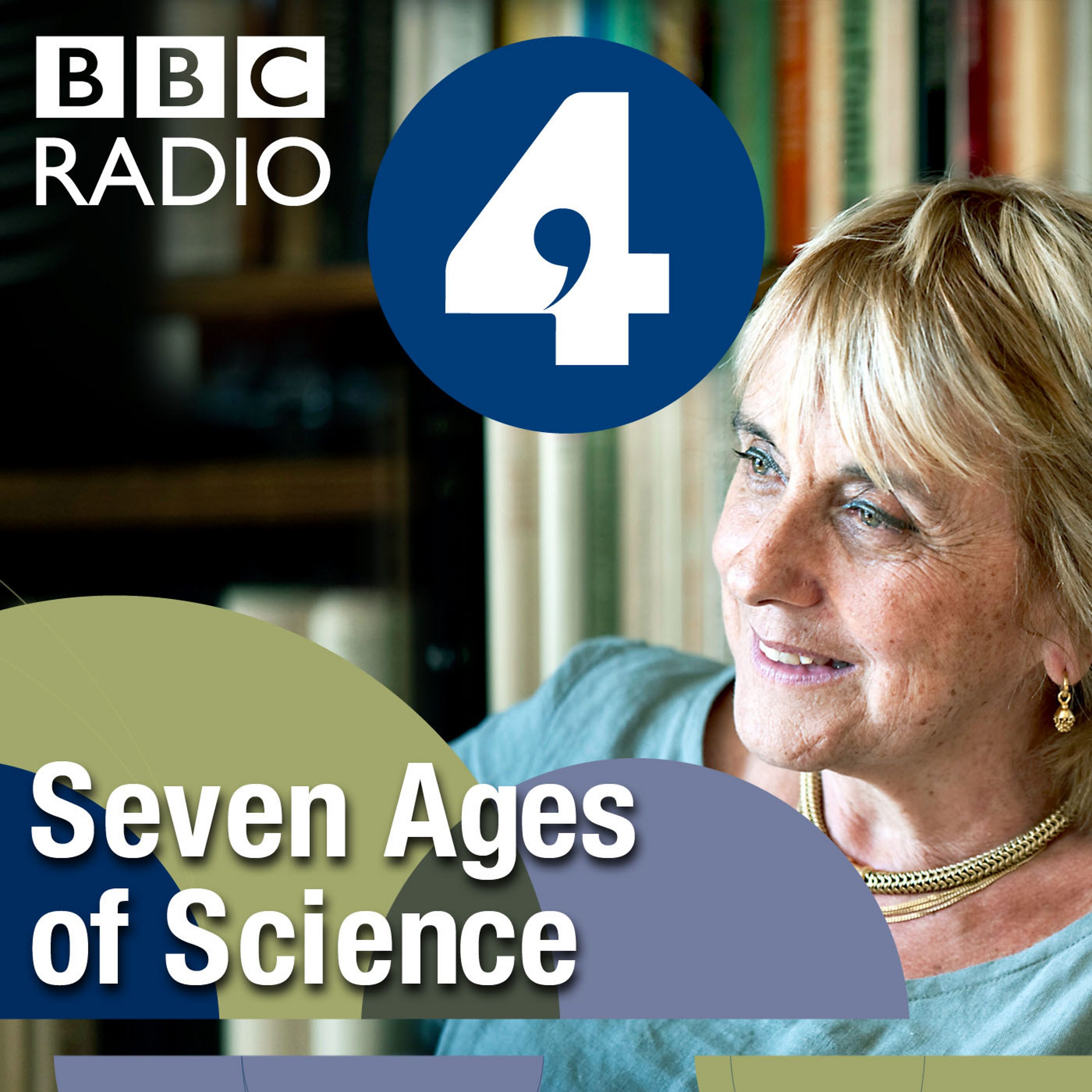Episodes
Published 09/17/13
Lisa Jardine explores what's driving science in the 21st century: curiosity, politics, profit or PR?
Published 09/17/13
Lisa Jardine explores how military demands mobilised science not in World War II, but in World War I.
The idea that Britain's scientific expertise and effort was mobilised from scratch on the eve of World War II is a myth. Long before 1939, Britain was ready to wage, and win, a scientific war.
Published 09/10/13
Lisa Jardine explores how scientists became separated from wider society.
Until the end of the 18th century, most scientific endeavour took place in private houses or workshops, often done on a part-time basis by passionate enthusiasts. It was the poet Samuel Coleridge who suggested, in 1833, that men who were neither literary nor philosophers might be called "scientists"; but still there were no public laboratories and certainly no white coats.
The idea that people could be trained in...
Published 09/03/13
Lisa Jardine explores an Age in which scientists took leaps of faith.
At the start of the 19th century, fossils were a mystery. Mary Anning excavated the remains of huge and extraordinary creatures from the cliff face at Lyme Regis. Most men of science assumed she'd found a crocodile: she insisted her creature was entirely unknown. As other such mysterious monsters were unearthed, they represented a puzzle for established theology, but theology coped.
Electricity, "that imponderable fluid",...
Published 08/27/13
Lisa Jardine explores how the advent of mass manufacture in the Midlands changed scientific endeavour from a gentlemanly pursuit into a gritty, profitable, factory-based industry; and helped to forge a new scientific discipline, chemistry.
Many early industrialists in Britain were vigorously interested in the material world. Josiah Wedgwood carried out thousands of experiments to achieve his unique Portland Blue: methodically changing the precise composition of the clay and adding different...
Published 08/20/13
We're often told that science changed our world. In this series, Lisa Jardine explores how the world changed science, pushing it in new directions, creating new disciplines and pioneering new approaches to scientific understanding.
Lisa Jardine describes how the desire to build an empire promoted a keen scientific interest in plants, in this second of her Seven Ages of Science, exploring the history of modern science in Britain. We needed to understand what plants existed in the world and...
Published 08/13/13
In the first of her Seven Ages of Science, Lisa Jardine explores the history of modern science in Britain from its birth in Restoration England.
It was an Age of Ingenuity: an age when hundreds of hard-working artisans in the City of London made clocks, watches, microscopes and spectacles; when Robert Hooke revealed an exquisite microscopic world; and when Isaac Newton stood on the shoulders of giants. An Age when, Lisa argues, an ability to make things work was as important as a flair for...
Published 08/06/13


